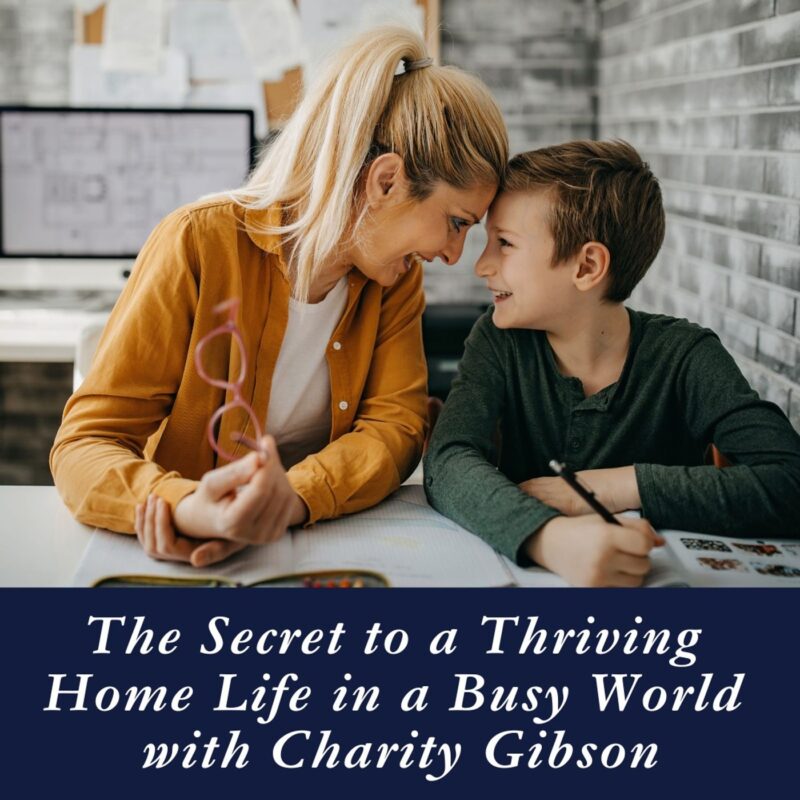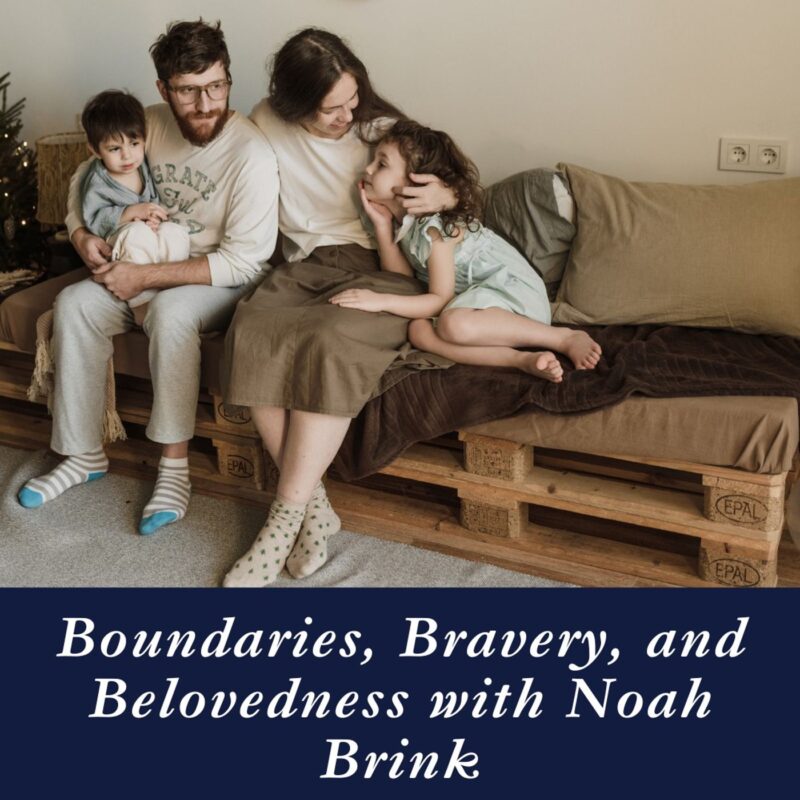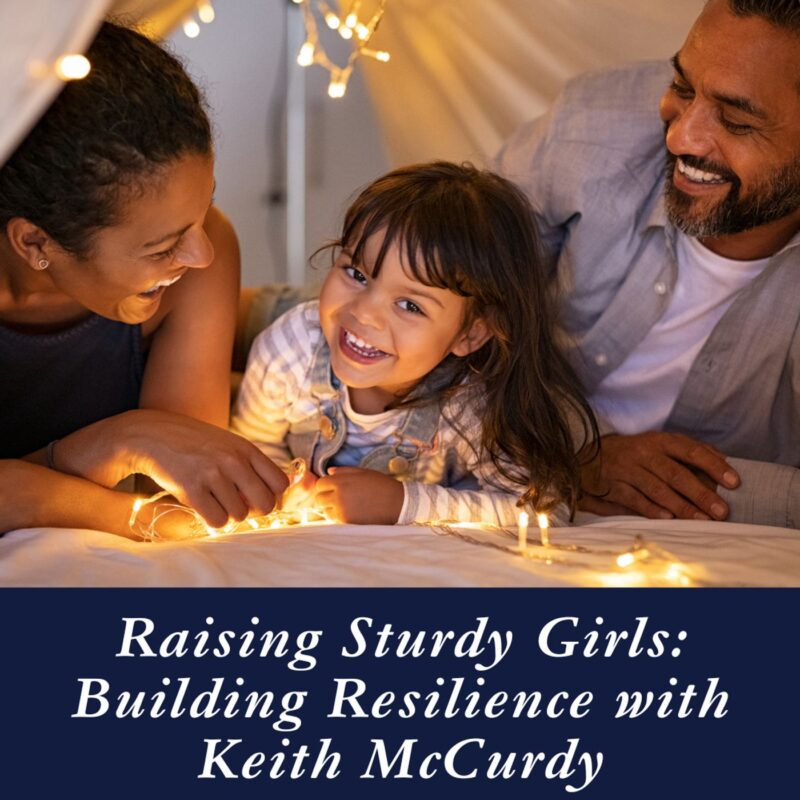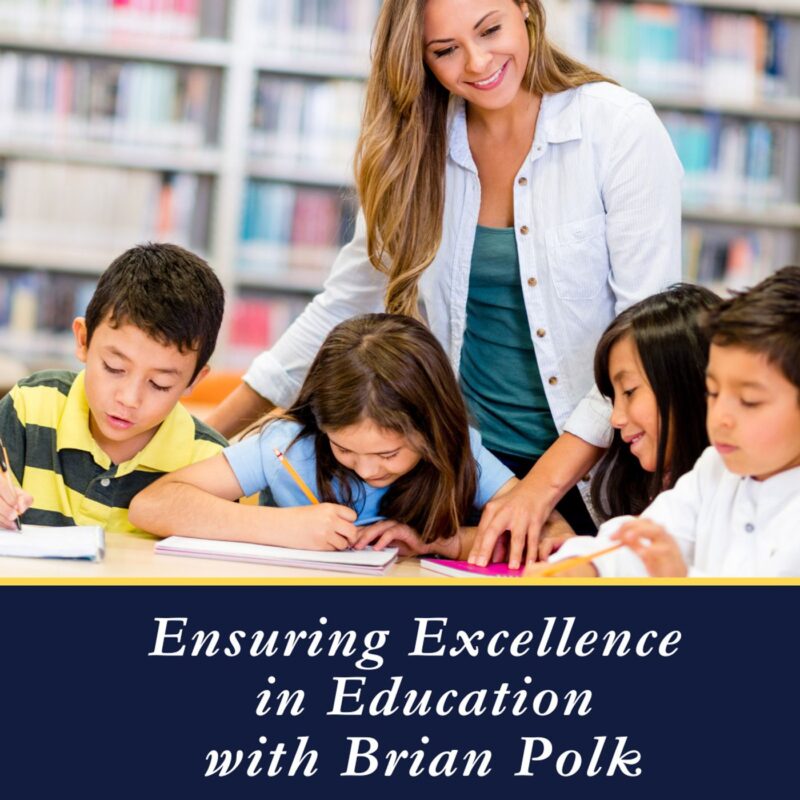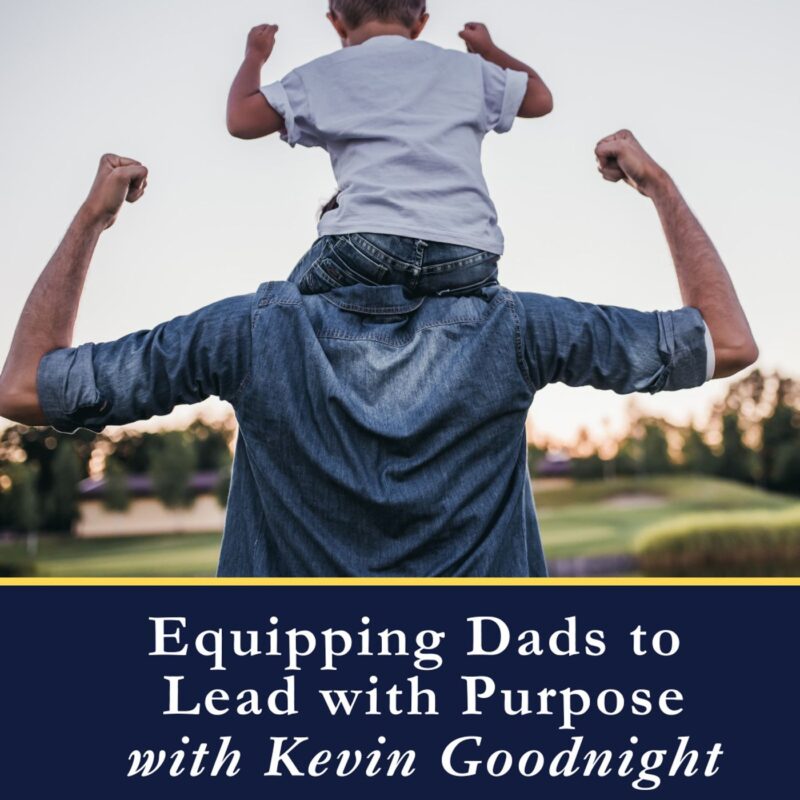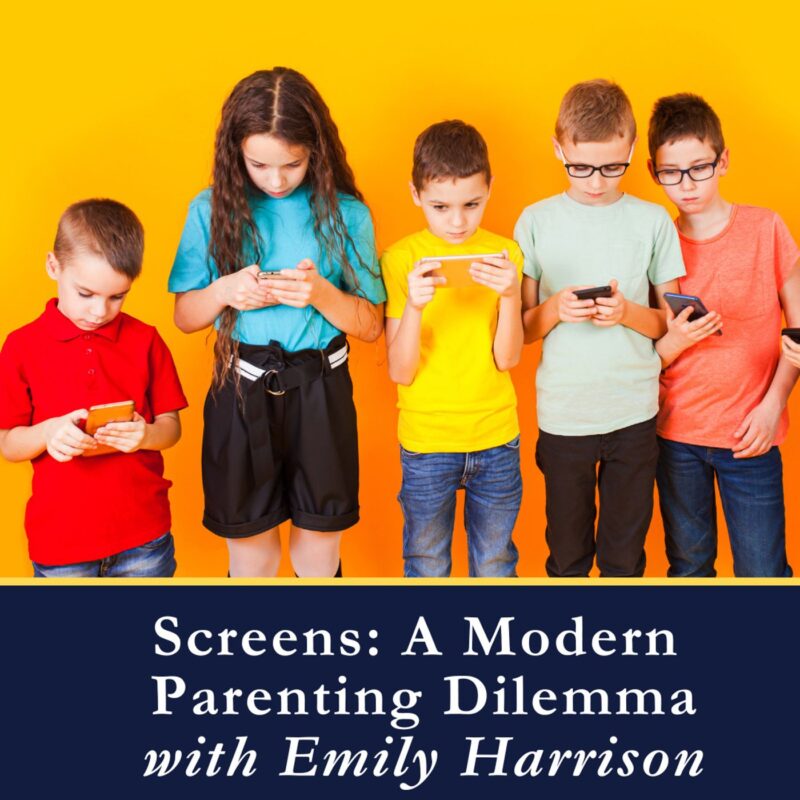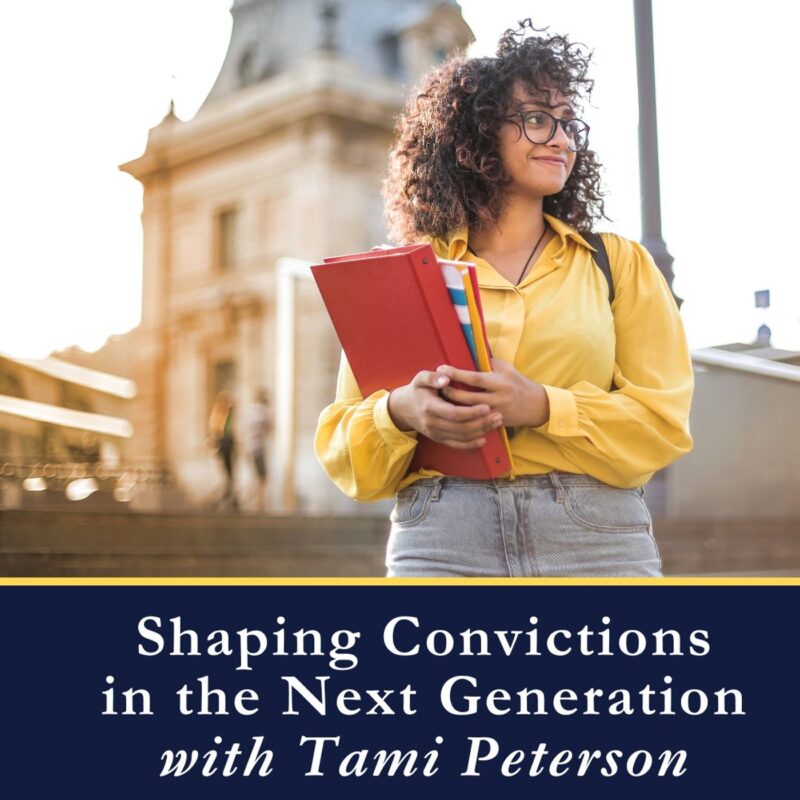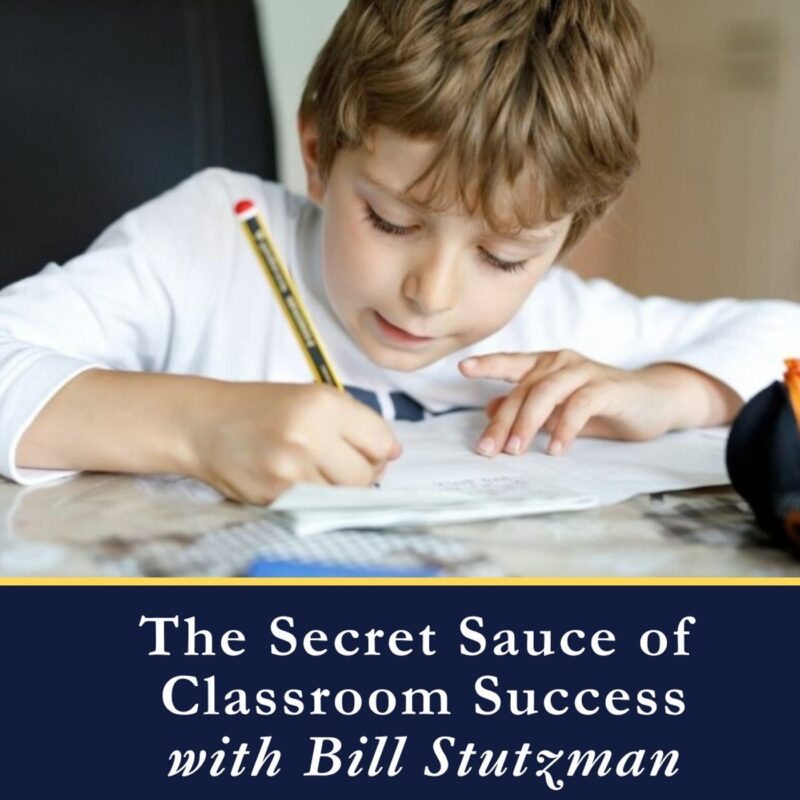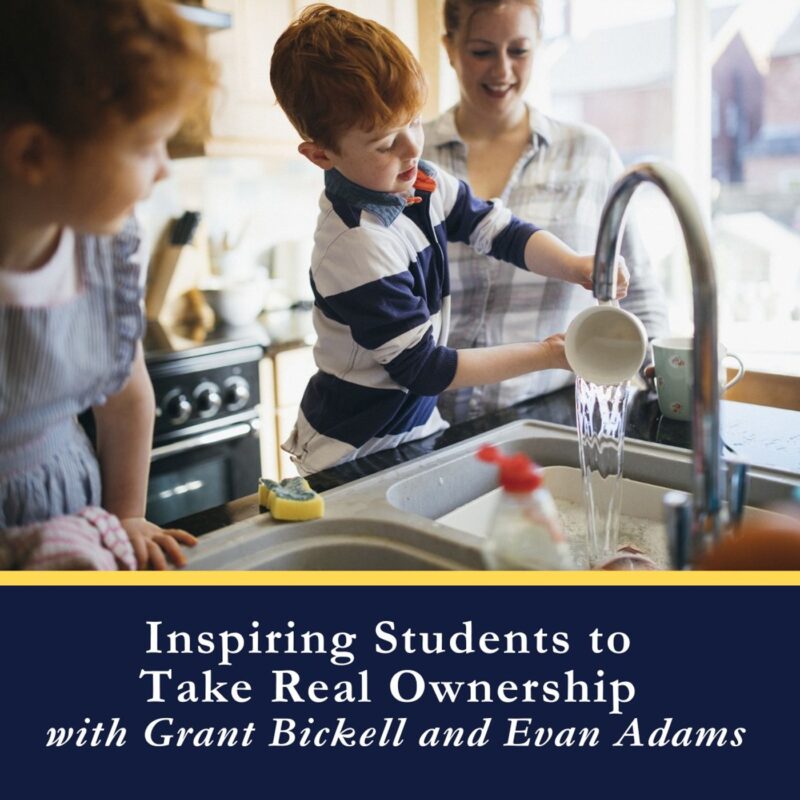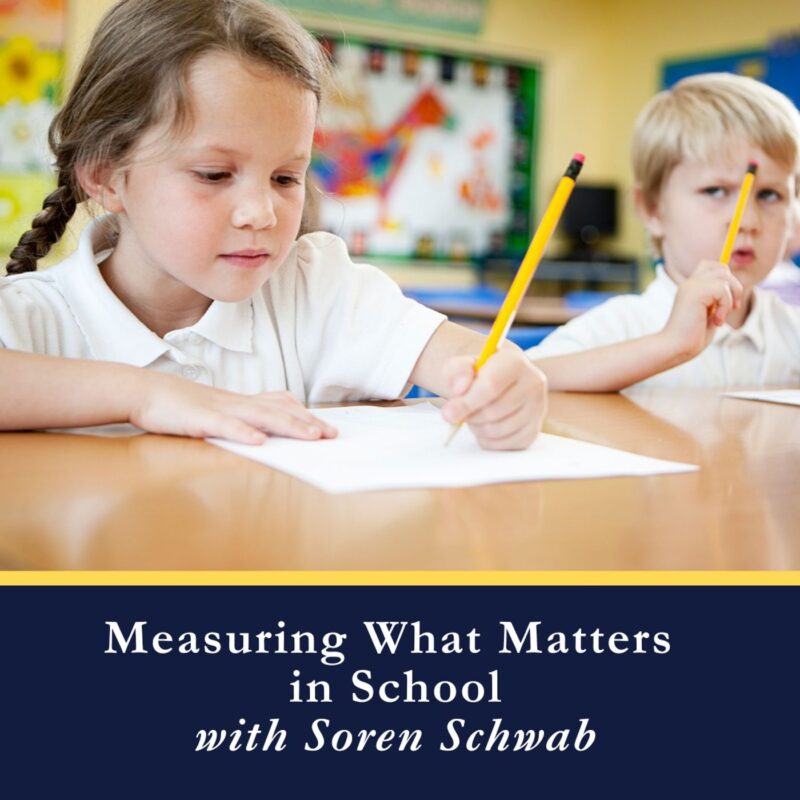The Secret to a Thriving Home Life in a Busy World with Charity Gibson
Balancing the demands of work, family, and faith can leave parents feeling stretched thin and overwhelmed. In this episode of BaseCamp Live, Charity Gibson, author of The Working Homemaker, shares practical wisdom for Christian parents who desire a thriving home life, no matter how busy their days may be. From cultivating deep, lasting relationships with your children to redeeming the little moments that often slip by unnoticed, Charity offers encouragement and actionable tips to help families resist the pull of busyness and distraction.
Whether you’re a mom working outside the home, a dad managing the juggling act, or a parent striving to make every moment count, this episode will inspire you to embrace intentional parenting and create a home life that reflects your family’s values.
Tune in for practical advice, thoughtful reflections, and renewed encouragement on the journey of raising the next generation!
Read More
